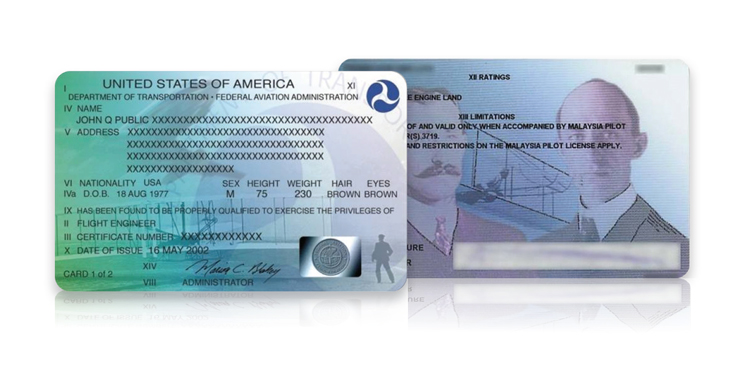By Tim Genc
The other day, I was proudly congratulating a student on the completion of his Instrument Rating. “Let’s talk about the commercial,” I said.
The student quickly replied that he was not interested in a career in aviation, and that for him flying was just for recreational purposes. “I don’t need a commercial,” he retorted.
We started talking about his flying plans. Now that he was an IFR pilot, his plan was to fly more frequently, as weather was less of a limiting factor. He would fly more cross-countries and build his flight time. Once he was more comfortable with his skills, he was planning on buying another aircraft – faster, larger, more cargo space – so he could fly his family around. With the shackles of VFR weather loosened, he would be more experienced and become a more capable and competent pilot.
I smiled at him and told him, “There is actually a name for the process you just described: it’s called becoming a Commercial Pilot!”
Maybe you are just like this pilot, telling yourself that you do not need to get your commercial because you are not planning to undertake a career in aviation. However, so many recreational flyers find that earning their commercial wings is the next step in their pilot progression. So, let’s look at some of the reasons why you should get your Commercial Pilot Certificate.
You are going to fly the time anyways
Pilots like to fly – it’s what makes us pilots! And the more you fly, the better you get. You will transition into different aircraft. They will get bigger and more complex; they will go faster. This is Commercial Pilot training! It involved high performance maneuvers that demonstrate a mastery of the aircraft, longer cross-country flights than you have flown in training before, more solo time, forcing you to manage your time and resources more effectively, and finally the introduction of bigger planes that go faster and have a few more features, like a constant-speed prop and retractable gear. This is a natural progression. It is pilot evolution, aviation inevitability. It is what you are going to do anyway, so you might as well have the credentials to go with it.
Lower insurance premiums.
Just yesterday, a gentleman called and told me he needed to add his commercial certificate before July, as that’s when his insurance premium was due, and he wanted to get the break for being a Commercial Pilot. Insurance companies will see you as less of a liability because you have an advanced certification and are more experienced. If you are flying the time anyways, the annual insurance savings will certainly offset the cost of the flight test and dual instruction, all of which make you a better pilot.
A good pilot is always learning.
What better way to test and hone your skills than going back to school? You may fly a lot of cross-country and do a lot of instrument approaches, but when was the last time you practiced maneuvers to tighten up your traffic pattern operations? How about emergency procedures, or short and soft field takeoffs and landings? Even if you never plan on bringing your Mooney into a short field or landing on grass, the continued training and education that goes into making you able to do so turns you into a better pilot. And a check ride is no more than paying a very seasoned individual to give you an unbiased assessment on where your talents are, and on what you should improve. It’s a win-win.
Whatever the reason, adding a Commercial Certificate has many benefits, and American Flyers would enjoy the chance to help you fully realize them. So, whenever you’re ready, please give us a call, and you can tell us what you hope to achieve by earning your commercial wings. We can’t wait to help you do so!










